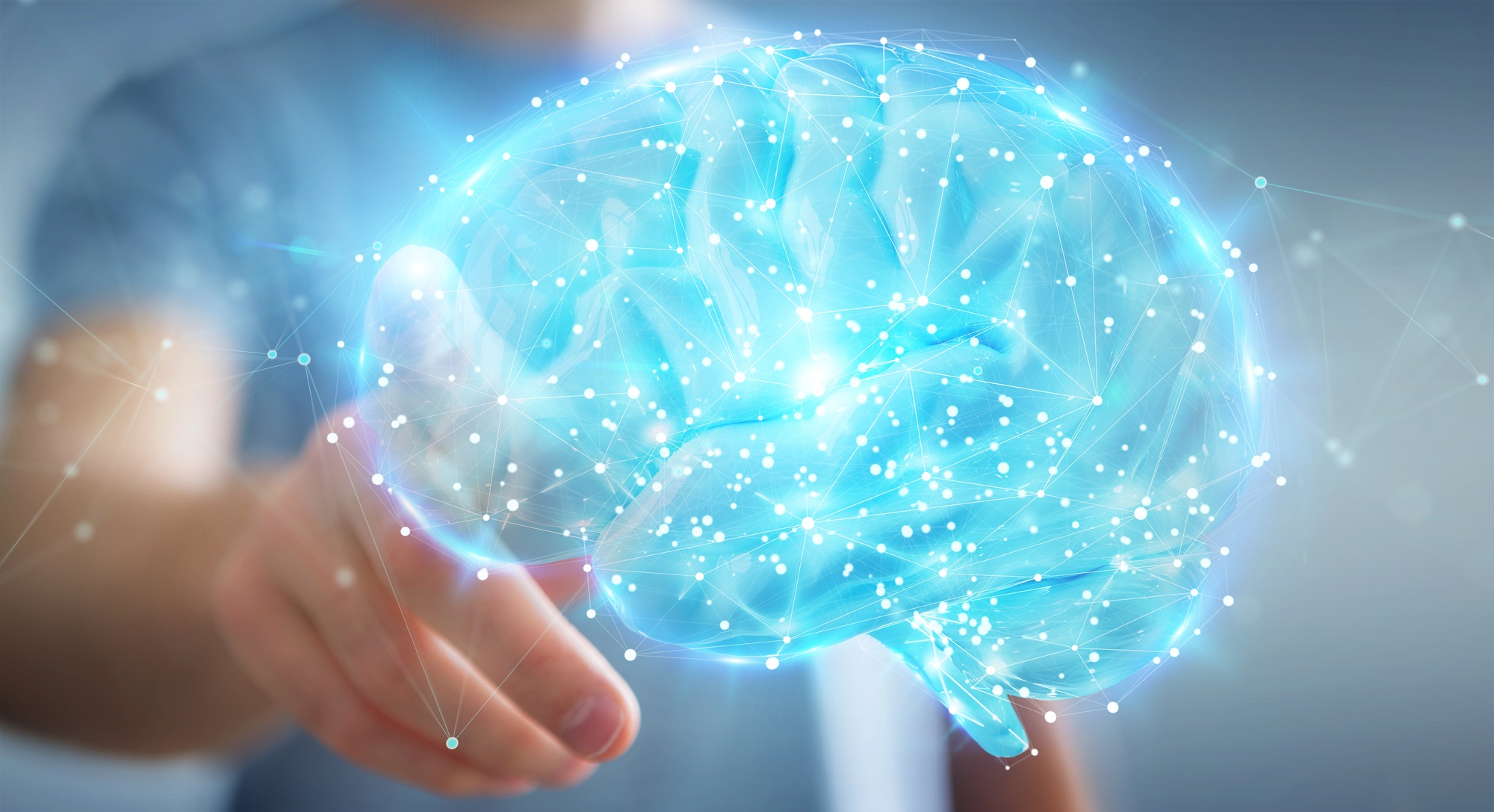
As Autism Research advances, new methods are on the horizon for potential treatment. Various experimental techniques are being explored, such as Gut Microbiota Transplant, which involves the transfer of healthy bacteria from a donor’s gut. Others are testing the efficacy of CBD oil as a potential therapy for symptoms of autism. The most recent of these techniques involves brain stem cell activation.
Brain stem cells play a fundamental role in brain development and proper functioning. However, they can remain dormant until they receive a specific protein signal to activate. Often, defects in these cells have been linked to various neurodevelopmental disorders, such as cerebral palsy, learning disabilities, and autism.
Stem Cell Autism
There’s a growing interest in understanding how to manipulate and utilize these stem cells for brain repair and development. Recently, a group of researchers from the Neuroscience and Behavioral Disorders Programme at Duke-NUS Medical School in Singapore conducted a study on fruit flies to demonstrate the potential benefits of activating these stem cells.
The results were promising as the activation led to the creation of new neurons and showed potential for repairing and improving brain function.
According to lead researcher Kun-Yang Lin, the study was conducted on fruit flies and not humans, but the pathways and mechanisms discovered are similar to those found in humans. In other words, the findings could have significant implications for brain health and potential treatments for neurodevelopmental disorders in people as well.
Autism and Cerebral Palsy Risks
This becomes more significant when considering the prevalence of autism, a complex neurodevelopmental condition affecting around 2% of children. Statistics show that in recent years, the number of autism diagnoses has risen from 1 in 56 to 1 in 36 children, with some studies suggesting the prevalence may be even higher.
Symptoms of autism are diverse and can include language delays, challenges with social interaction, sensory sensitivity challenges, as well as communication difficulties. Typically, children are diagnosed with autism by the age of four, highlighting the importance of early detection and interventions for this condition.
Thanks to evidence-based therapies, early intervention, and increased awareness, many children with autism can develop skills necessary for independence as early as preschool. With the right support and treatment, individuals with autism can thrive in all areas of life.
For assistance and support along the autism journey in Chicago, don’t hesitate to reach out to Illinois Autism Center.




